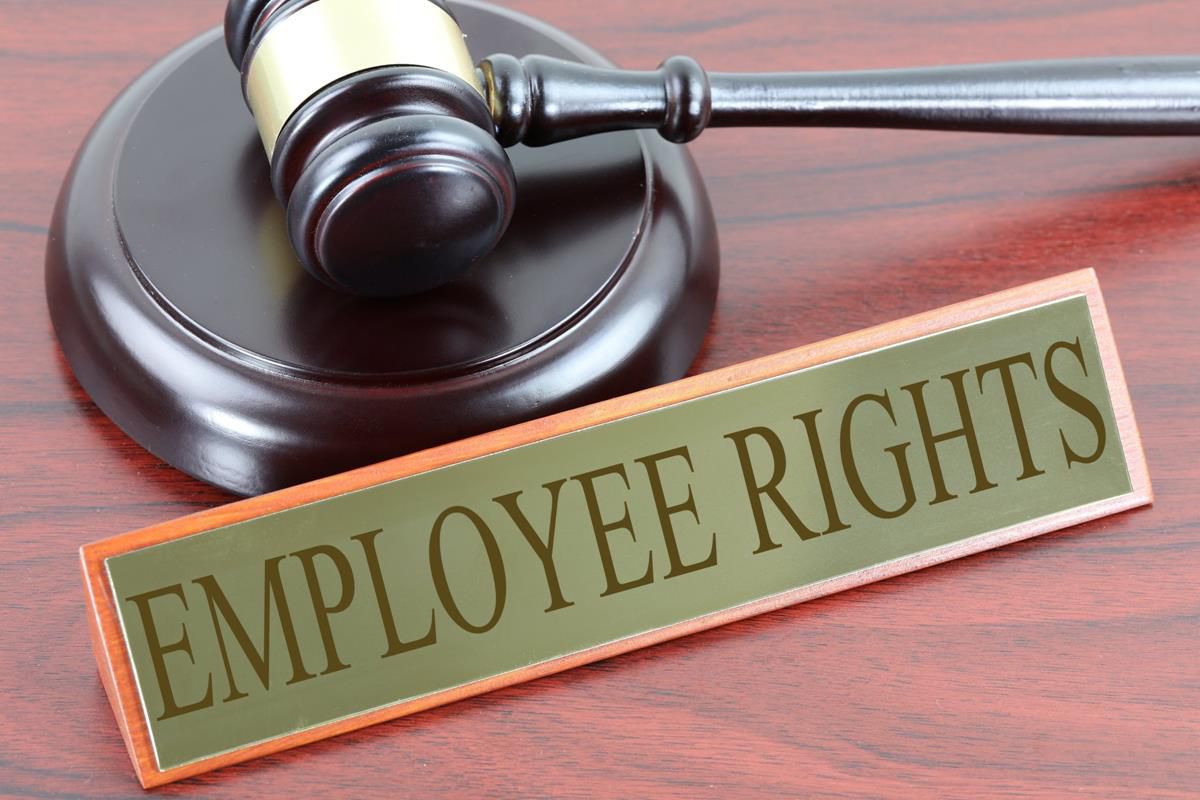Adjustment of Status Lawyer: Guiding Your Immigration Process

Navigating the complexities of immigration law can be daunting, especially when it comes to adjusting one’s status. An adjustment of status lawyer becomes an invaluable ally in guiding individuals through this intricate process, ensuring that all paperwork and legal requirements are handled precisely. Our expertise aids in preventing common pitfalls that could delay or risk a successful status change.
When we consider the various steps involved in the adjustment of status, the need for specialized legal knowledge becomes apparent. Each case requires a tailored approach, reflecting the unique circumstances and needs of the individual seeking change. From understanding eligibility requirements to preparing for interviews, we focus on delivering a comprehensive legal strategy specific to each client.
For those unfamiliar with the procedures, relying on the insight of an experienced attorney is essential. We strive to offer our clients peace of mind by managing the complexities of immigration law effectively. Through our services, we aim to enhance not just understanding but also the chances of achieving a favorable outcome. learn more about adjustment of status
Understanding Adjustment of Status
Adjustment of Status (AOS) is an important step for those seeking permanent residency in the United States. We will examine who qualifies for AOS and the documents necessary for the process.
Eligibility and Process
Determining eligibility for AOS is a critical step. Typically, an individual must already be in the U.S. under a lawful non-immigrant status. This eligibility extends to specific categories like immediate relatives of U.S. citizens or beneficiaries of family and employment-based petitions.
Visa availability is a crucial factor. An immigrant visa must be available at the time of applying for AOS, confirmed through the Department of State’s visa bulletin. The primary form used is Form I-485, Application to Register Permanent Residence or Adjust Status, filed with the USCIS. Fees are an essential part of the process, covering application and biometrics services. Our knowledge of this helps us understand various fees might change based on age or immigrant category.
Required Documentation
Accurate documentation is key to any successful AOS application. Required documents include a valid passport, birth certificate, recent photographs, and evidence of lawful entry. If family-based, an approved Form I-130 is necessary. For employment-based cases, an approved Form I-140 is required.
Additional forms might include Form I-765 for employment authorization and Form I-131 for travel, along with affidavits of support on Form I-864. Medical examination results on Form I-693 are also crucial. Providing evidence is integral, as incomplete applications can lead to delays or denial. Maintaining current status and staying informed of our case status through the USCIS is vital.
Legal Assistance and Procedures
In the adjustment of status process, legal assistance is vital to navigate the complexities of immigration procedures. Our focus will be on the role of immigration lawyers and how they support clients through intricate cases.
Role of Immigration Lawyers
Immigration lawyers provide essential support during the adjustment of status process. They help interpret complex immigration laws and guide clients through each step. From filing necessary documents, such as the Form I-485, to arranging biometrics appointments at an Application Support Center, attorneys play a critical role.
We assist clients with preparing for USCIS office interviews, ensuring all A-number, eligibility categories, and required forms are correctly filed. Lawyers also offer advice on potential fee waivers or USCIS fees adjustments, considering clients’ financial situations. Addressing public charge concerns and strategizing about family-based or employment-based cases makes legal guidance indispensable. Our support extends to providing representation during potential appeals if issues arise.
Navigating Complex Cases
When dealing with complicated immigration cases, experienced attorneys are indispensable. Family relation issues, sponsorship challenges, or complications like advance parole applications require our expertise. We frequently mediate between clients and U.S. Citizenship and Immigration Services (USCIS), ensuring compliance with regulations and deadlines.
For work-based adjustments, handling communications with a U.S. employer regarding visa processing and work permits is essential. In some cases, motions to reopen or reconsider might be necessary, and we offer guidance throughout these proceedings. We also assess pathways for those under the Visa Waiver Program seeking status adjustments. Practical insights into timeline expectations and immigrant petitions aid in realistic planning and decision-making.



